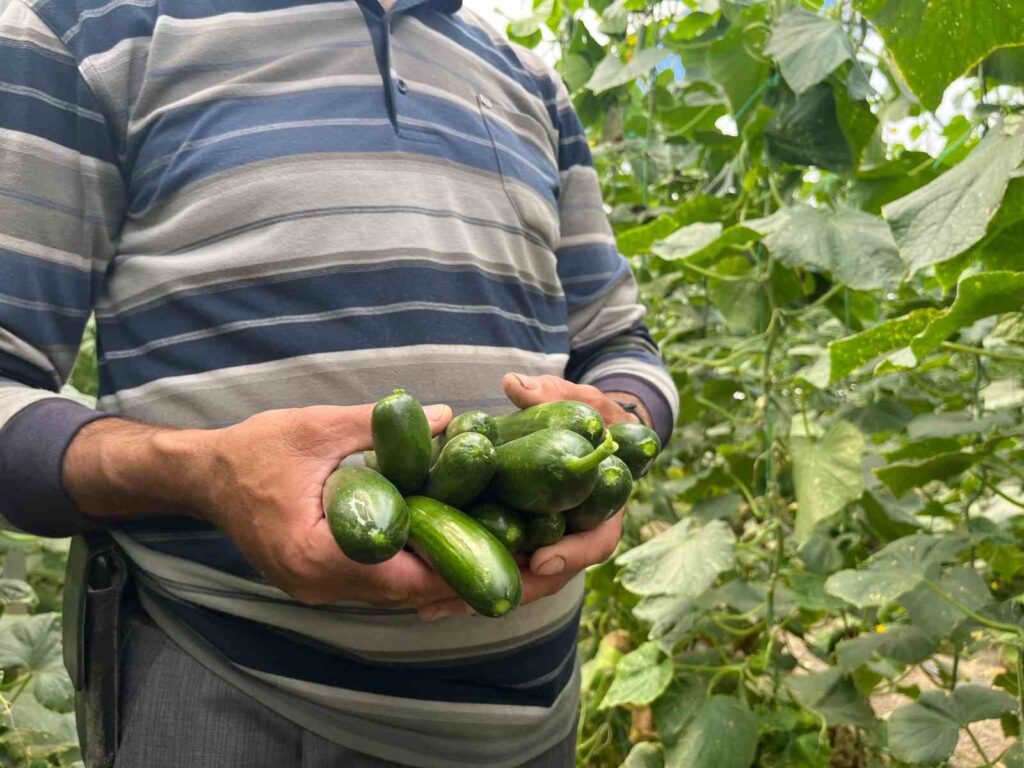The benefits are endless, and the price is staggering
The rare and endangered lily flower, which is under protection in Tokat, draws attention with its health benefits and price. Especially the pollen and leaves of the lily flower are highly demanded in both local and international markets. The unique lily flower is known for its various health benefits…

The rare and protected lily flower in Tokat, called akzambak in Turkish, is drawing attention with its health benefits and price. The pollen and leaves of the akzambak flower are in great demand both locally and internationally. Known for its unique aroma and visual appeal, the pollen of the akzambak flower is not only used in dye production but also helps in liver regeneration when mixed with honey. Its leaves have natural antibiotic properties. Erdi Can Aydemir, a producer of akzambak, emphasizes the high demand for their products in the international market, stating that customers abroad especially care about their health. Akzambak pollen is preferred for organic dye production, while its leaves are known to be a source of healing for various health issues. The valuable flower of Tokat, akzambak, contributes to the economy by bringing vitality to the local economy and is sought after in the local and international markets as an important health resource.
“We export the tea to Germany, the Netherlands, and France, and the pollen to Zurich.” Erdi Can Aydemir, the akzambak producer, mentions the high demand for pollen and leaves from abroad, explaining the process of collecting and processing them. He highlights that the pollen is sieved and dried for dye production, and when mixed with honey, it aids in liver regeneration. The tea is made from the flower leaves and is recommended to be consumed twice a day for its benefits in relieving headaches, sinusitis, and breathing difficulties. There is demand both domestically and internationally, with a higher preference from overseas due to health concerns. The pollen, used in organic dye production, is priced around 5,000 Euros per kilogram, while the tea is exported for around 2,500 Euros. The tea is sent to places like Adana in Turkey and high-yield locations in Germany, the Netherlands, and France. The pollen is sent to Zurich for use in organic dye factories.







